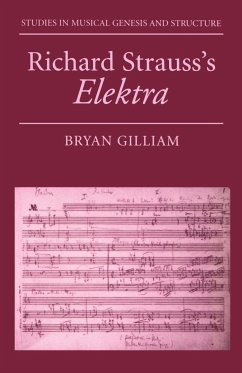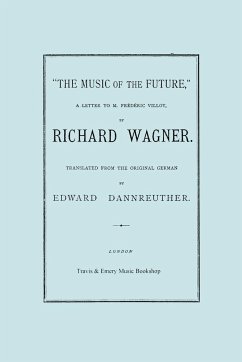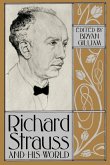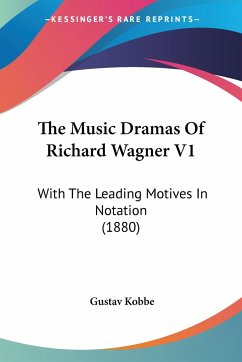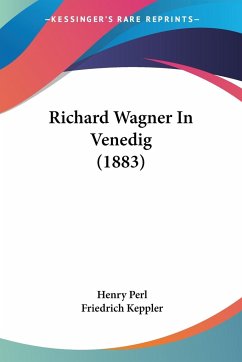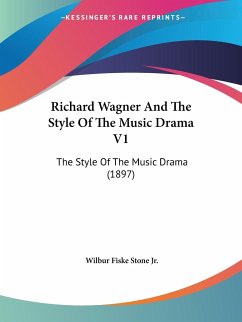Elektra was the fourth of fifteen operas by Strauss and opened his successful partnership with the librettist Hugo von Hofmannsthal. It is one of the most important operas of the early twentieth century and it solidified Strauss's status as the leading German opera-composer of his day. Bryan Gilliam's study of this major work examines its musical-historical context and also provides a detailed analysis of some of its musical features. He establishes a chronology of the evolution of the opera and places it in the larger framework of German opera of the time. His detailed examination of the sketch-books enables him to offer fresh insight into Strauss's use of motifs and overall tonal structure. In so doing he shows how the work's arresting dissonance and chromaticism has hidden its similarities to his later, seemingly more tonally conservative opera, Der Rosenkavalier - not only does Strauss in both operas exploit a variety of musical styles to express irony, parody, and other emotions, but both are in fact thoroughly tonal.
Bryan Gilliam's study of this major work looks at its musical-historical context: establishing its compositional chronology, examining critical response to the premiere--especially within the context of contemporary German opera. Gilliam, furthermore, explores a number of important, hitherto unexamined Elektra sources including Strauss's musically fresh insight into such issues as the relationship between voice and orchestra, thematic treatment, and tonal organization, all serving to enhance our understanding of this complex and compelling work.
Hinweis: Dieser Artikel kann nur an eine deutsche Lieferadresse ausgeliefert werden.
Bryan Gilliam's study of this major work looks at its musical-historical context: establishing its compositional chronology, examining critical response to the premiere--especially within the context of contemporary German opera. Gilliam, furthermore, explores a number of important, hitherto unexamined Elektra sources including Strauss's musically fresh insight into such issues as the relationship between voice and orchestra, thematic treatment, and tonal organization, all serving to enhance our understanding of this complex and compelling work.
Hinweis: Dieser Artikel kann nur an eine deutsche Lieferadresse ausgeliefert werden.

